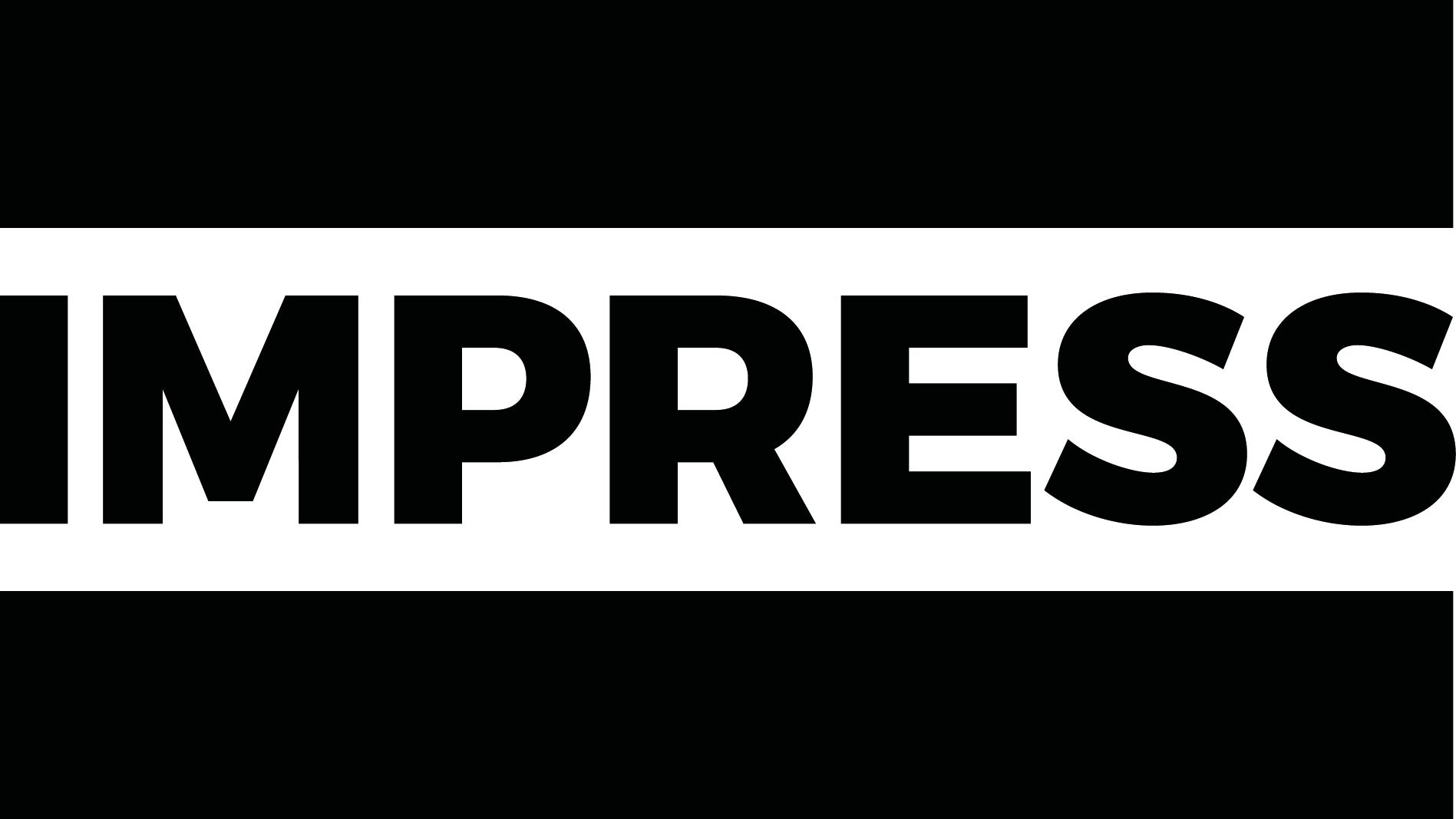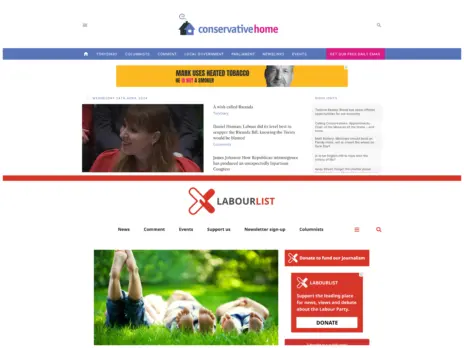
Impress today became the UK’s first state-approved press regulator after its application for Royal Charter recognition was granted.
After a full day of discussion around whether the regulator met the 23 Royal Charter criteria, the eight-strong Government-funded Press Recognition Panel said it was satisfied it did.
The move clears the way for the current Government, or a future one, to commence Section 40 of the Crime and Courts Act 2013 which imposes tough financial penalties on any publishers are not part of a Royal Charter-backed regulator.
It is believed that for Section 40 to work, an eligible regulator has to be in operation. Theresa May’s Conservative Government has yet to reveal whether it will commence Section 40, which says that non Royal Charter-regulated publishers must pay both sides’ costs even if they win libel and privacy cases.
The current signs are that the current government will not commence Section 40.
The Press Recognition Panel is an independent body set up to judge whether press regulators meet the Royal Charter criteria.
Members of Impress will now be immune from exemplary damages in libel and privacy cases and from the cost-shifting element of the Crime and Courts Act if it ever comes into force.
Impress regulates around 40 specialist and local publishers. Most magazine and newspaper publishers are regulated by the Independent Press Standards Organisation, which has not sought PRP approval.
Concerns had been raised over the independence of Impress through its reliance on funding from two charities which are closely linked to press reform campaign Max Mosley.
In 2015 it struck a deal with charity the Independent Press Regulation Trust for £3.8m in funding over the next four years. The IPRT’s funding has been guaranteed by the Alexander Mosley Charitable Trust.
After agreeing that nothing in the charter or law prevented a charity from funding a press regulator, PRP member and former BBC journalist Tim Suter said: “A voluntary, self-funded regulator is potentially open to influence from those who choose to fund it, so at that point legal procedures and structure is your friend. That’s the only thing you can rely on.
“What we are considering today is if that process is sufficiently well detailed and set out that it minimises any risk of undue influence.”
The panel said that it was satisfied Impress’s funding was secure for the required four to five year period and that this provided sufficient independence.
Chairman David Wolfe said: “Just because somebody funds something, that in and of itself doesn’t constitute a lack of independence.”
Impress’s use of the Editor’s Code of Conduct was also deemed satisfactory after it was confirmed there was no barrier to its use – including no legal challenges – despite Impress not being involved in the Code’s framing.
Suter said: “It’s the responsibility of the board and the board alone to select the standards against which it will hold those it regulates to account.
“The Editors’ Code has been adopted by the Impress board. That is the status quo.”
After the decision, Impress said it was in talks with 40 publications of which a proportion had said they would join the regulator if it gained Royal Charter recognition.
Chairman Walter Merricks CBE said the decision was “good news for the press and good news for the public”.
“This is the next important step in building a new era of trust between journalists and the public and a significant moment in the history of press regulation in this country.
“For the first time news publishers, both large and small, have the choice to join an independent press regulator which is not controlled by major publishers.
“After rigorous examination and close scrutiny of our arrangements, the PRP has confirmed our independent, sustainability and our low cost arbitration scheme which means we can ensure access to justice for all.”
He added that publishers who are not regulated by IPSO are now Impress’ “target market”.
Impress chief executive Jonathan Heawood said the regulator’s long term plan was to move to a “more diverse funding model” and that it would be “looking around” to achieve this aim.
Press reform campaigners Hacked Off have welcomed today’s decision.
Joint director Evan Harris said: “This decision makes Impress the only regulator which the public, readers and victims of press abuse can trust to regulate newspapers and safeguard freedom of the press, while offering redress when they get things wrong.
“The public will be pleased that independent and effective press regulation, which opinion polls have shown the public support overwhelmingly, is achievable but will expect that newspapers join Impress or get their own regulator recognised.”
![]()
![]() Investigative journalist Nick Davies has also welcomed the news, in a comment distributed by Hacked Off.
Investigative journalist Nick Davies has also welcomed the news, in a comment distributed by Hacked Off.
He said: “No decent journalist wants their work regulated by IPSO – an organisation which is vulnerable to the influence of some very bad people from the worst newspapers in the UK. Impress is a decent alternative, independent of government and of newspapers.
“It tells you all you need to know about the continuing scandal of press misbehaviour in the UK that these notorious newspapers will not join a regulator which can be trusted to enforce the code of conduct which they themselves have written and claim to want to honour; and that in spite of overwhelming public and parliamentary support, government is too scared of those newspapers to trigger Section 40, which would put pressure on those newspapers to join such a regulator.”
The News Media Association fought against recognition of Impress.
NMA deputy chief executive Lynne Anderson said: “We are disappointed by the PRP’s decision to recognise Impress, a regulator funded by Max Mosley and set up in order to trigger punitive costs sanctions against Britain’s press.
“However, we welcome reports that the Government has decided to pull back from implementing Section 40 of the Crime and Courts Act, which would inhibit a free press and have a crippling effect on regional and local newspapers.
“Over 90 per cent of UK newspapers and magazines – over 1500 print and 1100 online titles – have voluntarily signed up to a system of self-regulation under IPSO which has been found to be both effective and independent of the industry.
“A small number of micro businesses and multi-author blogs have been persuaded to join Impress quite unnecessarily, given they are excluded from the definition of relevant publisher. Not a single significant national or regional newspaper or magazine has signed up to the state-sponsored system of regulation under the PRP.”
![]()
Former Sunday Times editor Harold Evans is also a supporter of Impress.
He said: “The democratic ideal and necessity of a free, cultivated and honest press requires monitoring by a body – independent of ownership – to hold journalism to the highest standards of truth and integrity and respect for the rights of individuals. Without that independent monitoring, gross abuses, of the kind we have endured and continue to experience, will continue. I support Impress and the publishers that have committed to its standards.”
Email pged@pressgazette.co.uk to point out mistakes, provide story tips or send in a letter for publication on our "Letters Page" blog






